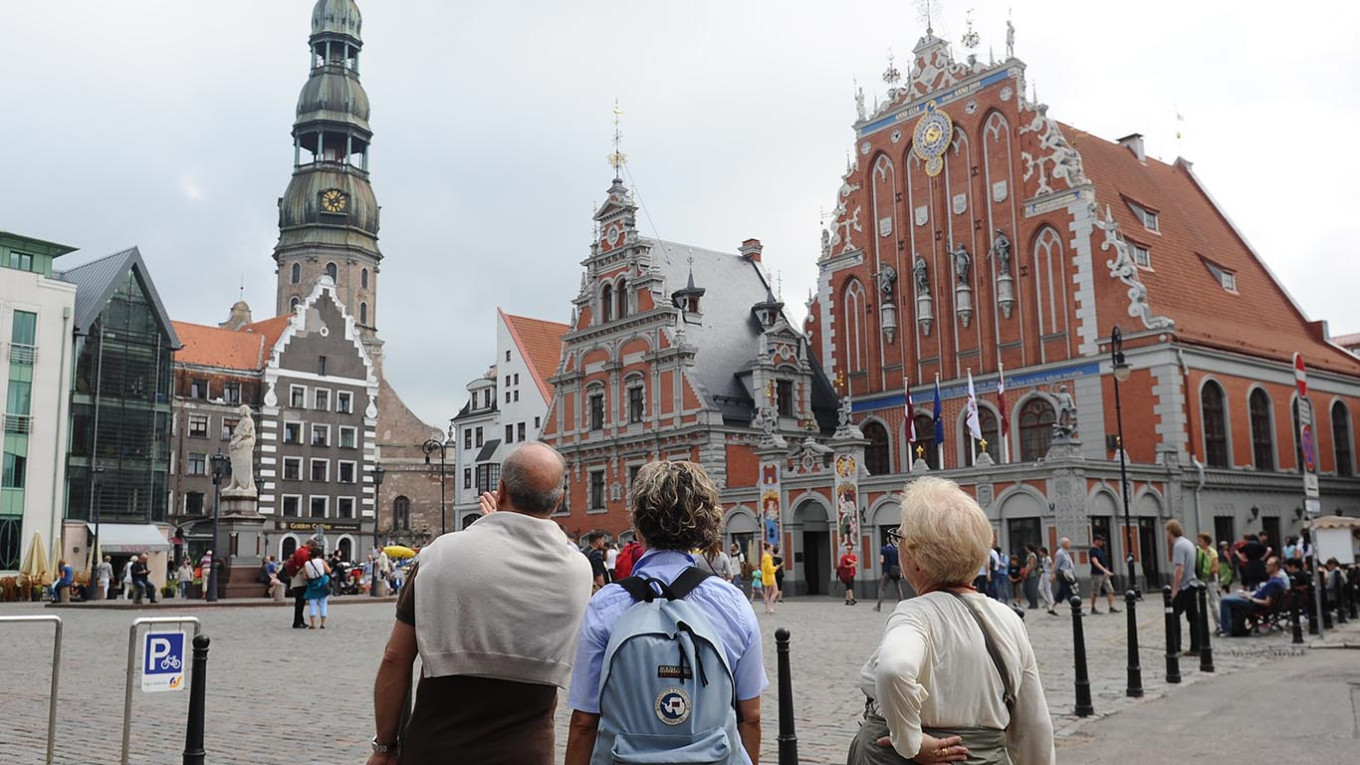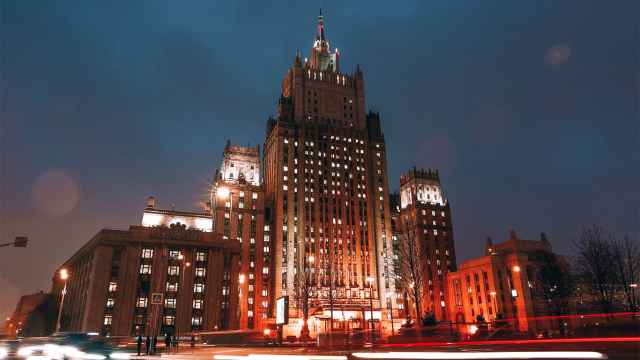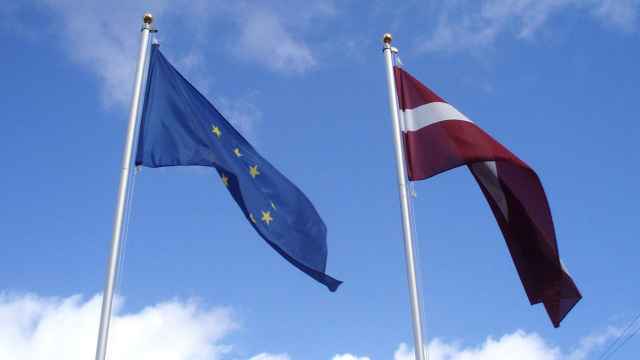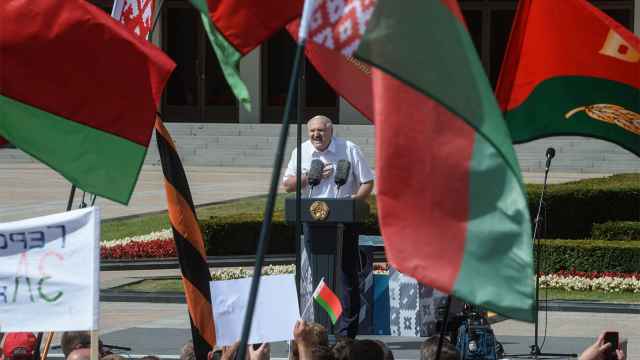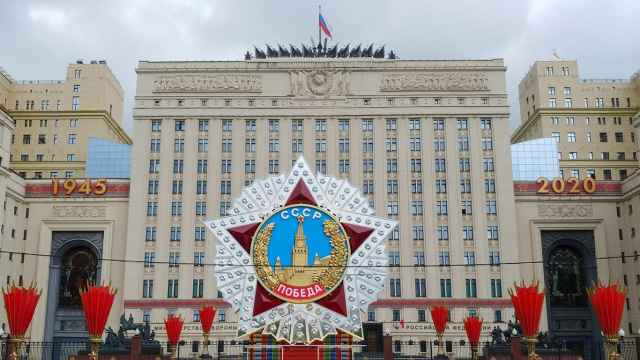Russia’s Pension and Social Insurance Fund transferred 15.4 million euros ($17.8 million) to cover pensions for Russian citizens living in Latvia and Estonia during the first eight months of 2025, state media reported on Wednesday.
The fund said 13,300 people in both countries are entitled to the payments under bilateral agreements. It claimed earlier transfers had been blocked by foreign banks due to sanctions.
Estonia’s Social Affairs Ministry, however, has accused Russia of using sanctions as a pretext, saying Moscow has failed to pay its roughly 4,000 pensioners in Estonia since at least February.
Estonian and Latvian media reported Tuesday that Russia sent 2.4 million euros to Tallinn and nearly 13 million euros to Riga in late pension payments. Authorities in both countries said they expect to begin distributing the funds next month.
Russia signed bilateral pension agreements with Estonia and Latvia in 2011.
According to TASS, Latvian and Estonian officials approved the recent transfers earlier in August. Russia’s pension fund has reportedly made similar requests to Lithuania, Israel and Bulgaria.
A Message from The Moscow Times:
Dear readers,
We are facing unprecedented challenges. Russia's Prosecutor General's Office has designated The Moscow Times as an "undesirable" organization, criminalizing our work and putting our staff at risk of prosecution. This follows our earlier unjust labeling as a "foreign agent."
These actions are direct attempts to silence independent journalism in Russia. The authorities claim our work "discredits the decisions of the Russian leadership." We see things differently: we strive to provide accurate, unbiased reporting on Russia.
We, the journalists of The Moscow Times, refuse to be silenced. But to continue our work, we need your help.
Your support, no matter how small, makes a world of difference. If you can, please support us monthly starting from just $2. It's quick to set up, and every contribution makes a significant impact.
By supporting The Moscow Times, you're defending open, independent journalism in the face of repression. Thank you for standing with us.
Remind me later.


